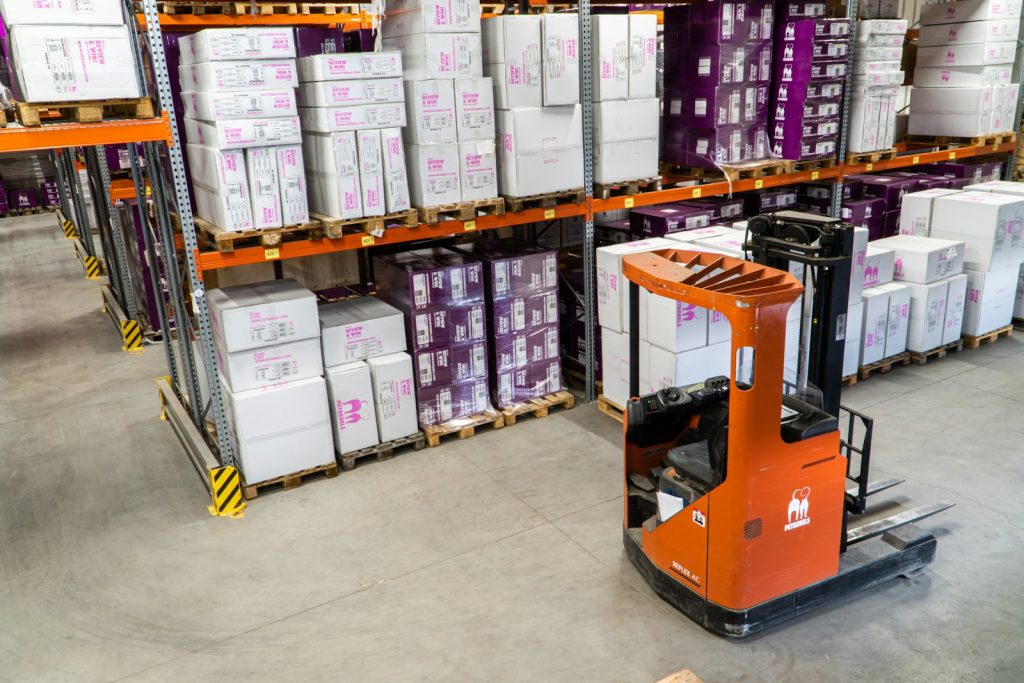Amazon’s introduction of a low-inventory-level fee within its Fulfillment by Amazon (FBA) program marks a significant shift in how sellers must approach inventory management. Effective April 1, 2024, this fee, aimed at encouraging better stock levels, will impact standard-sized products with historically low days of supply (DOS). Here, we delve into the specifics of what triggers this fee, its structure, scenarios of concern for sellers, and strategies to avoid it, leaving no stone unturned.
 Fee Trigger: The 90-Day and 30-Day Historical Look
Fee Trigger: The 90-Day and 30-Day Historical Look
The low-inventory-level fee applies to products whose inventory levels, both in the long-term (over the past 90 days) and short-term (over the past 30 days), fall below 28 days of supply. This dual assessment ensures that the fee targets consistently low inventory rather than penalizing short-term fluctuations.
Key Points:
- Long-Term DOS Assessment: Averages inventory over the last 90 days, highlighting sustained inventory management practices.
- Short-Term DOS Assessment: Focuses on the most recent 30-day period, allowing sellers to adjust strategies based on recent sales trends.
The fee varies by the DOS bracket and the product’s size tier and weight. It’s structured as follows for products falling into the respective DOS categories:
- 0-14 days DOS
- 14-21 days DOS
- 21-28 days DOS
- 0-14 days DOS: $0.89
- 14-21 days DOS: $0.63
- 21-28 days DOS: $0.32
- 0-14 days DOS: $0.97
- 14-21 days DOS: $0.70
- 21-28 days DOS: $0.36
These fees are added to the standard FBA fulfillment fee for all shipped units of eligible products, underscoring the importance of maintaining adequate inventory levels.
Scenarios of Concern for FBA Sellers
Sellers should be alert to situations where both their long-term and short-term DOS fall below the 28-day threshold. This dual condition means that sellers with temporary inventory shortfalls may not be penalized as long as their long-term DOS is healthy. However, consistently low inventory levels across both periods will trigger the fee.
Avoiding the Fee: Inventory Management Strategies
- Inventory Analysis: Regularly review your historical DOS metrics within the FBA inventory dashboard to identify items at risk.
- Forecast Improvement: Utilize sales data to refine demand forecasting, incorporating seasonal trends and promotional impacts.
- Restock Recommendations: Employ Amazon’s restock tool for insights on replenishing inventory effectively, especially for products nearing or below the 28-day supply marker.
- Diversification and Adjustment: Adjust inventory strategies based on sales velocity, considering both Amazon FBA for high-demand items and alternative logistics solutions for slower-moving products.
- Auto-Replenishment: Consider enrolling in Amazon’s auto-replenishment program, which can offer a waiver for the low-inventory-level fee for products meeting specific criteria.
Comprehensive Understanding for Strategic Planning
The key to navigating Amazon’s low-inventory-level fee lies in a deep understanding of the 90-day and 30-day DOS assessments and strategic inventory management. By closely monitoring inventory levels, leveraging Amazon’s tools and analytics, and adapting replenishment strategies accordingly, sellers can maintain optimal inventory levels, ensuring customer satisfaction while avoiding unnecessary fees. This proactive approach will not only help in sidestepping the low-inventory-level fee but also contribute to a smoother, more efficient sales process on the Amazon platform.
Toucan Advisors’ weekly FBA restocking report emerges as a pivotal tool for Amazon sellers in the wake of this new low-inventory-level fee. By focusing on a brand’s in-stock goals (either 30, 45, or 60 days) alongside a meticulous analysis of the last 8 weeks of sales data for each product, this report offers insights into recent sales momentum. This approach allows brands to not only navigate the complexities of Amazon’s low-inventory-level fee by maintaining optimal stock levels but also to adjust their inventory management strategies proactively. In a landscape where the right inventory levels are crucial to avoid fees and meet customer demand, Toucan Advisors’ FBA restocking report stands as a critical asset for sellers aiming to optimize their FBA inventory, ensuring they stay ahead in Amazon’s ever-evolving marketplace.
